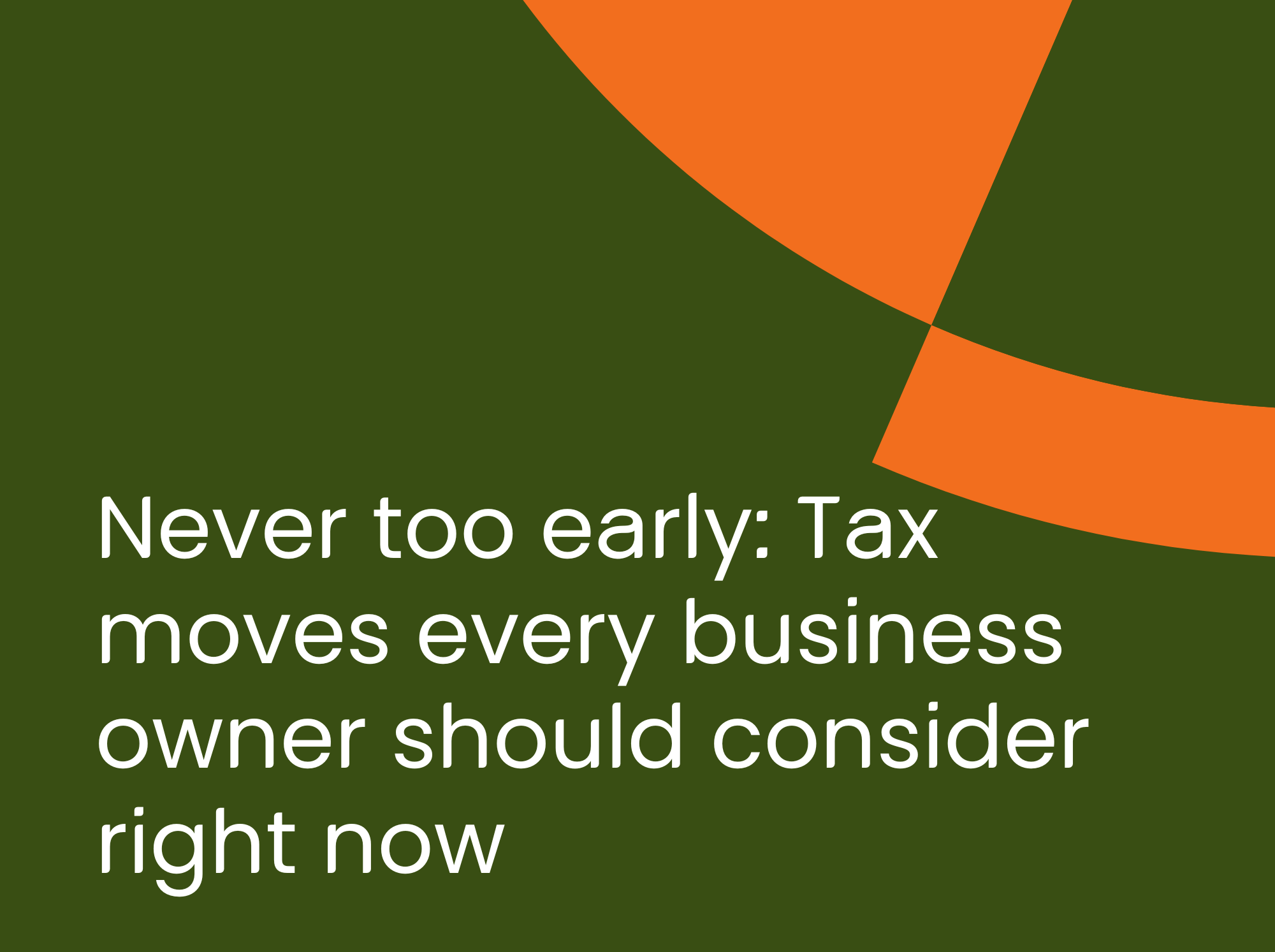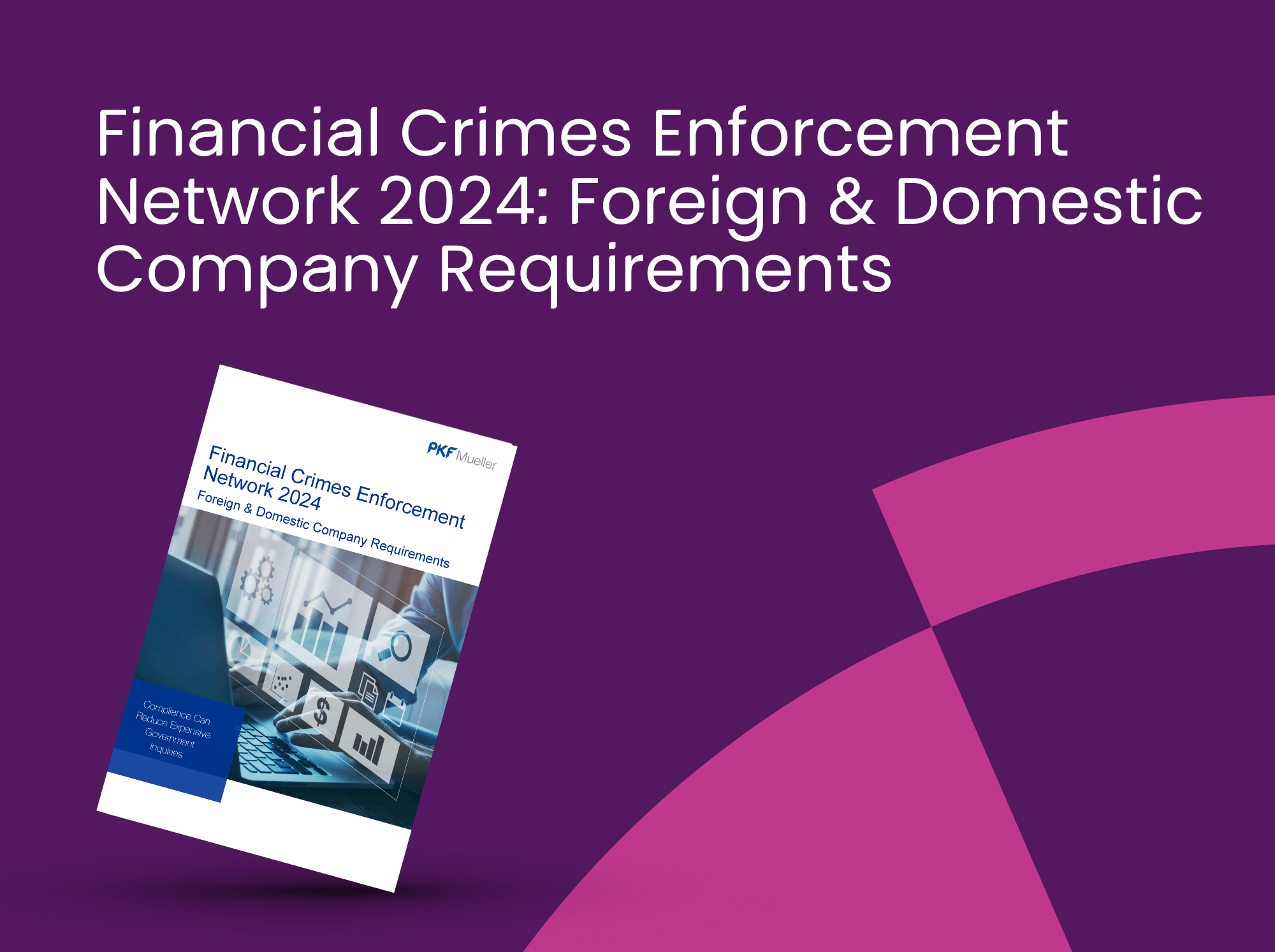Unknown to taxpayers are the many unpublicized federal tax law changes that exist and expire through the years. The Tax Cuts and Jobs Acts (TCJA) of 2017 made significant changes to the Internal Revenue Code, and for budgeting purposes, these changes were spread over ten years as temporary provisions. Almost all of the individual and estate tax provisions expire on December 31, 2025, but there are a few tax breaks that have already expired that impacted a narrow segment of the economy. One such tax break that will start to expire and affect most businesses is the gradual expiration of bonus depreciation starting in 2023, as discussed below.
Bonus Depreciation Is Scheduled for Phase Out
Bonus depreciation at 100% is available for a wide variety of qualifying property in 2022 and is a powerful tax saver. But good things do not always last forever. For almost all property, bonus depreciation of 100% will be phased out in steps under the TCJA for property placed in service in calendar years 2023 through 2027. Thus, an 80% rate will apply to property placed in service in 2023, 60% in 2024, 40% in 2025, and 20% in 2026, and a 0% rate will apply in 2027 and later years.
This can result in a higher taxable income and higher taxes from having less depreciation in the year the asset is purchased.
Bonus Depreciation Is Available for New and Most Used Property
Used property qualifies unless the taxpayer previously used the property, and the property was acquired in certain forbidden transactions (generally acquisitions that are tax free or from a related person or entity).
Taxpayers Should Sometimes Make the Election to Turn Down Bonus Depreciation
Taxpayers can elect to reject bonus depreciation for one or more classes of property (an “election-out”). The election-out is useful for sole proprietorships and business entities taxed under the rules for partnerships and S corporations, which want to prevent “wasting” depreciation deductions by applying them against lower-bracket income in the year the property was placed in service instead of against anticipated higher bracket income in later years. For example, an asset purchased in 2022 will be entered on a 2022 tax return that is prepared in 2023. In 2023, if the business believes it has a significantly larger net income than in 2022 and a more optimistic future, it can easily opt out of bonus deprecation for 2022 before the 2022 tax return is filed, thereby spreading or averaging the deprecation (asset cost) over 2022 and future years. This has the effect of lowering taxes paid in future years when the business has a higher taxable income. (Note that business entities taxed as “regular” corporations-i.e., non-S corporations, not a partnership-are taxed at a flat rate.)
Bonus Depreciation Is Available for Certain Building Improvements
Bonus depreciation is available for two types of real property: (1) land improvements other than buildings, for example, fencing and parking lots, and (2) “qualified improvement property,” a broad category of internal improvements made to non-residential buildings after the buildings are placed in service.
100% Bonus Depreciation Has Reduced the Importance of Section 179 Expensing
If you are a smaller business, you have surely benefited from “Section 179 expensing.” Section 179 expensing is an elective benefit subject to dollar restrictions (including taxable income limits) that allows an immediate deduction of the cost of equipment, machinery, “off-the-shelf” computer software, and some building improvements. Section 179 expensing has, in fact, been enhanced by the TCJA, but the availability of 100% bonus depreciation is economically equivalent and thus has greatly reduced the cases in which Section 179 expensing is useful.
Planning For the Bonus Depreciation Changes
Some businesses may decide to accelerate a purchase into the fourth quarter of 2022 instead of 2023 to utilize the increased bonus deduction. Or they may opt to purchase an asset in 2023 instead of 2024, as bonus depreciation declines 20% every year. Of course, the remainder of the cost is still depreciable, but over a longer period. Some businesses may also want to benefit from the Section 179 expensing instead of bonus depreciation for their purchased assets if they qualify under the taxable income limitations.
The above discussion touches only on some major aspects of Federal bonus depreciation. Federal bonus depreciation is a complicated area with tax implications for transactions other than simple asset acquisitions. In addition, state depreciation and state Section 179 expensing have their own complications, which may vary for each state and are factors to consider.
We are available at your convenience to discuss all aspects of bonus depreciation and any other tax matters.
DISCLAIMER
Any tax advice contained herein was not intended or written by the practitioner to be used, and it cannot be used by the taxpayer for the purpose of avoiding penalties that may be imposed on the taxpayer. Tax advice provided in this memo may not be applicable or accurate if assumptions, facts, data, or interpretations are not correct. and PKF Mueller disclaims all liability.

Kathleen F. Parzynski, CPA, MST
Tax Director
+1 847 649 8810
kparzynski@pkfmueller.com

Kelly Jordan, CPA, Jurisprudence In International Tax Law, MBA, MBA, CFS, CITA, CTPS
Tax Director
+1 847 350 1504
kjordan@pkfmueller.com



